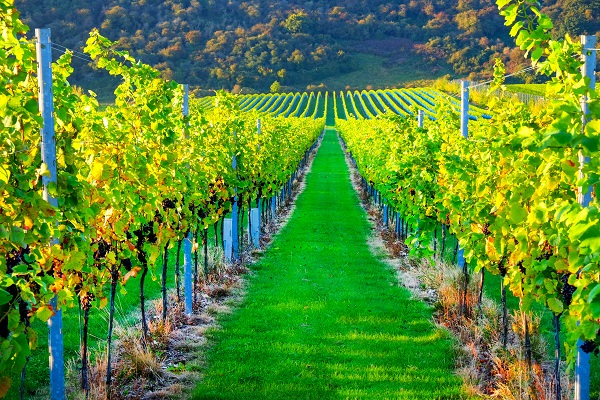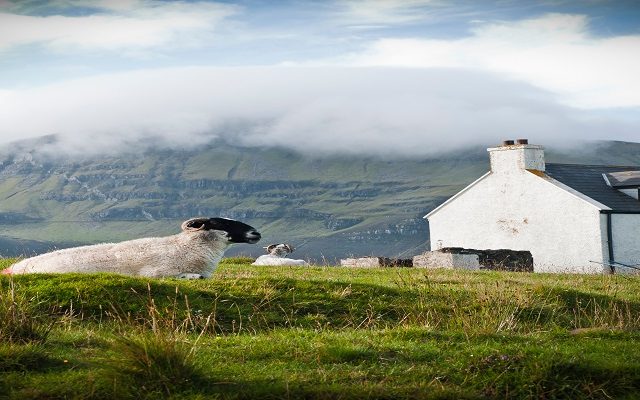Land Business Update | Week Commencing 29th May 2023
FARMING AND FOOD
New domestic agricultural policy announced at the Farm to Fork Summit
The first ever UK Food Summit was held on the 16th May at No.10 Downing Street, bringing together representatives of the whole food supply chain, to discuss how the government and the industry can come together to support a prosperous UK food industry. Initiatives that were announced on the day include:
- 45,000 work visas to be available in 2024 for seasonal workers for horticulture (compared with 15,000 in 2022).
- £30m of investment into precision breeding technologies.
- An additional £12.5m to fund research projects on environment sustainability and resilience on farms.
- Some amendments to abstraction licences with the aim of making them more flexible and adaptive to farmers’ needs, in the context of climate change.
- Some grant funding for investment by land managers in roof-top solar.
- A review into the planning barriers to farm diversification. The review includes looking at permitted development rights to allow the repurposing of farm buildings, for example into farm shops.
The detail of the announcements is available here and if you have any questions about how these changes may affect you please contact your local Strutt & Parker office.
Countryside Stewardship payments for upland options increased
Defra has announced that payments rates for existing and some upcoming options under Countryside Stewardship specific to the English uplands will be increased. This has come after intense lobbying from the farming industry and relates to the following options:
- Low input grassland in SDA areas (GS5) – increased from £98 per hectare to £151/ha.
- SDA seasonal stock removal (SW10) – increased from £77/ha to £115/ha.
- Upland restoration of wood pasture and parkland (WD11) – increased from £316 to £371.
- Creation of upland wood pasture (WD12) – increased from £333/ha to £544/ha.
The new rates will apply to agreements starting from or after 1st January 2023. Defra has also announced that it will be launching an ‘enhanced offer’ for the SFI uplands standard this summer. If you have any questions, please contact Jonathan Armitage, our Head of Farming.
Testing methane emissions from sheep
Scotland’s Rural College has been using a portable chamber to analyse emissions from sheep and to identify which genetics and feed produces the highest (or lowest) concentrations. They are using New Zealand-designed portable accumulation chambers (PACs) for the first time in the UK. The significance is that there are @ 1.2 billion sheep in the world, which release @ 7 million tonnes of methane into the atmosphere, which contributes to climate change.
Landscape Recovery Scheme Round Two opens in England
This is one of the three Environmental Land Management schemes and focuses on large-scale landscape and biodiversity recovery (minimum 500 hectares). This round will support up to 25 projects, with £15m allocated for the projects to develop their ideas (up to £750k per project) before they receive more funding for delivering the environmental outcomes they commit to. As before, the projects will be selected based on their environmental and social impact and value for money, but a new requirements is to mitigate any impacts on food production where possible. Applications can be made until 21st September.
ENVIRONMENT
Consultation on new National Parks in Scotland
The Scottish Government has opened a consultation for anyone to register their interest if they are considering making a proposal to put forward a particular area to be designated as a new National Park. This is one of the government’s commitments to be completed before 2026. This ‘expression of interest’ stage, which closes on 4th August, precedes a full nomination process which will take place this Autumn.
PROPERTY AND RURAL ECONOMY
Renters (Reform) Bill introduced into Parliament
As explained in our blog post published in August last year, the Bill is intended to transform the Private Rented Sector (PRS) in England through a series of reforms to deliver a better and fairer rental market. It does not look like the Bill has changed significantly from what was previously expected, with key changes including:
- Landlords will not be able to serve notice to end a tenancy unless they have valid grounds for repossession.
- Linked to this, fixed-term tenancies will be abolished.
- Landlords will be given stronger powers to evict tenants through court proceedings.
- A new ombudsman for private landlords to handle disputes before going to court.
The Bill could be made law by the end of 2023. If you have any questions, please contact Sarah Roberts.
Defra’s response to the Rock Review
In October 2022, the Tenancy Working Group chaired by Baroness Rock published its report, which is known as the ‘Rock Review’. It made 74 recommendations on landlord and tenant relationships, the role of agents, legislation and taxation. Defra has published its much-awaited response, which has directly addressed around half of the original recommendations. The main proposals that Defra has announced in its response are:
The response has been mixed and cautious. The Country Land and Business Association says that the government’s response is ‘a pragmatic’ way forward on tenancy reform. The Tenant Farmers Association and Baroness Rock have expressed some disappointments. For instance, Defra has not extended the provisions allowing tenants to apply for shorter SFI agreements without landlord consent to Countryside Stewardship nor Landscape Recovery. Also, Defra has not taken onboard the recommendation to create a fair basis for tenant farmers on which to engage in diversified activities. Following the publication of Defra’s response, the Environment, Food and Rural Affairs Committee is launching its own inquiry to determine which actions from the Rock Review should be taken forward as a priority, and how the tenanted sector should be better accounted for in government plans.
Defra launches a review of the UK regulations of the wine industry
The wine industry is a growing sector in the UK. Since 2000, the area of vines has quadrupled and the number of vineyards more than doubled (although it is still very small in a global context). The government wants to support the sustainable growth of the sector by reviewing regulations that affect wine production and moving away from some retained EU legislation which it says is ‘overly complex and bureaucratic’. Proposed changes include amending law relevant to importer labelling, hybrid grape variety, blending wines and removing the wine certification arrangements. The consultation is open until 21st July and can be responded to online here. Please contact Nick Watson if you have any questions relating to vineyards and wineries.






